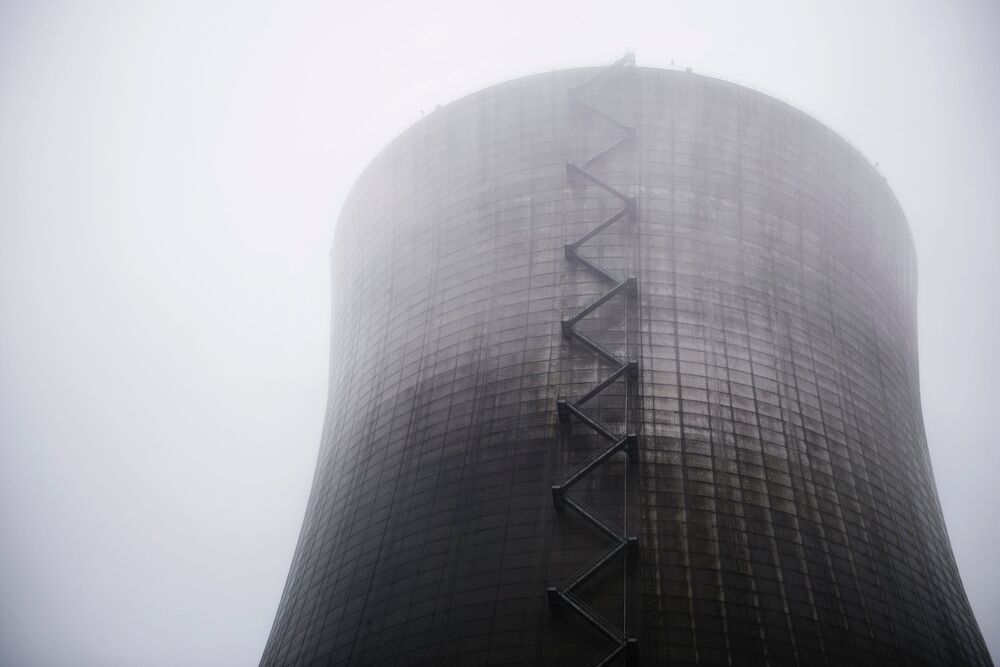According to the UCS report, however, sodium-cooled fast reactors such as Natrium would likely be less uranium-efficient and would not reduce the amount of waste that requires long-term isolation. They also could experience safety problems that are not an issue for light-water reactors. Sodium coolant, for example, can burn when exposed to air or water, and the Natrium’s design could experience uncontrollable power increases that result in rapid core melting.
Unlike light-water reactors, these non-light-water designs rely on materials other than water for cooling. Some developers contend that these reactors, still in the concept stage, will solve the problems that have plagued light-water reactors and be ready for prime time by the end of this decade.
The siren song of a cheap, safe and secure nuclear reactor on the horizon has attracted the attention of Biden administration officials and some key members of Congress, who are looking for any and all ways to curb carbon emissions. But will so-called advanced reactors provide a powerful tool to combat climate change? A Union of Concerned Scientists (UCS) analysis of non-light-water reactor concepts in development suggests that outcome may be as likely as Energy Commission Chairman Lewis Strauss’ famous 1954 prediction that electricity generated by nuclear energy would ultimately become “too cheap to meter.” Written by UCS physicist Edwin Lyman, the 140-page report found that these designs are no better—and in some respects significantly worse—than the light-water reactors in operation today.
Lyman took a close look at the claims developers have been making about the three main non-light-water designs: sodium-cooled fast reactors, high-temperature gas-cooled reactors and molten salt–fueled reactors. With little hard evidence, many developers maintain they will be cheaper, safer and more secure than currently operating reactors; will burn uranium fuel more efficiently, produce less radioactive waste, and reduce the risk of nuclear proliferation; and could be commercialized relatively soon. Those claims, however, do not hold up to scrutiny.
